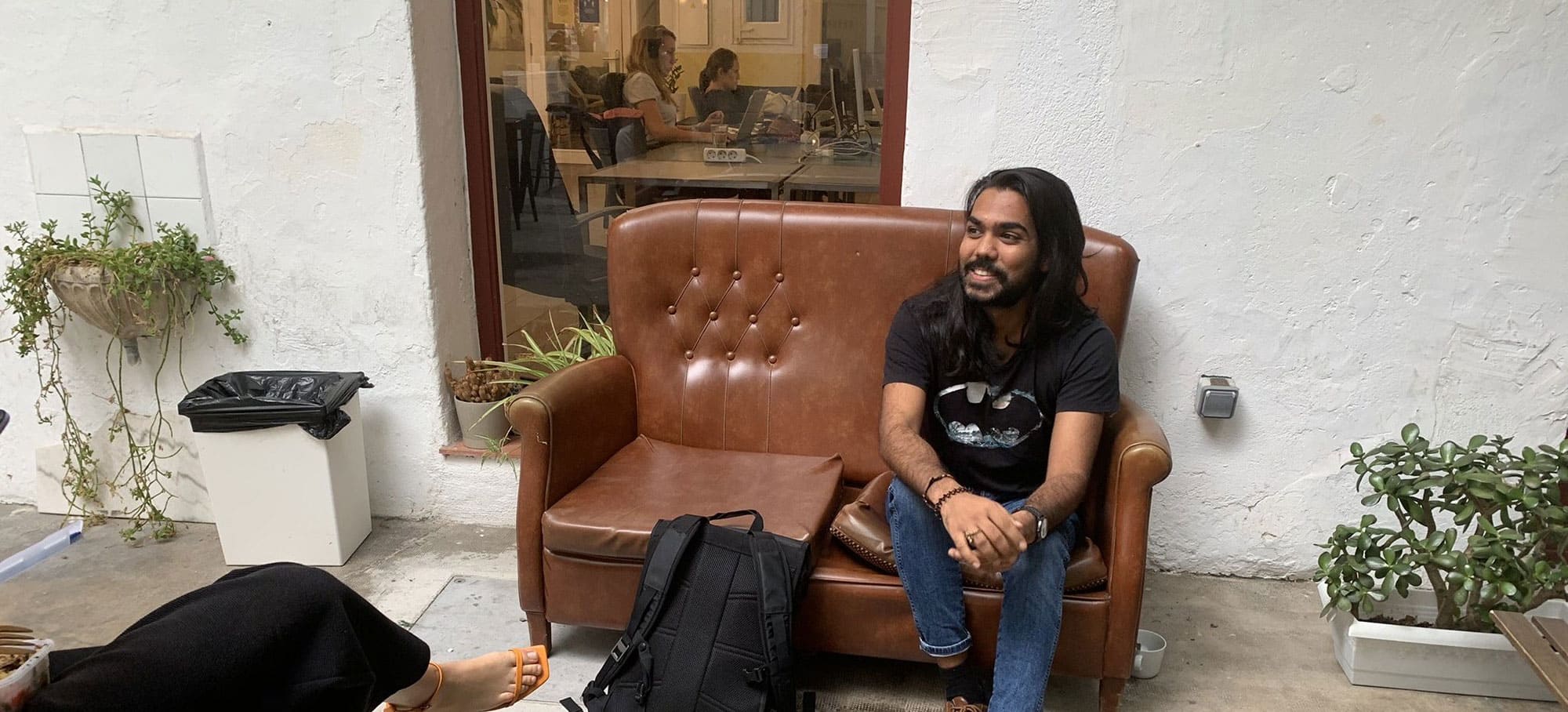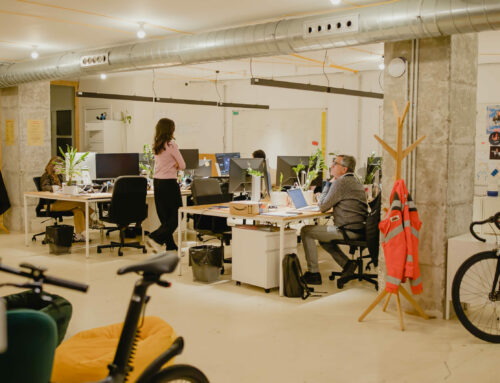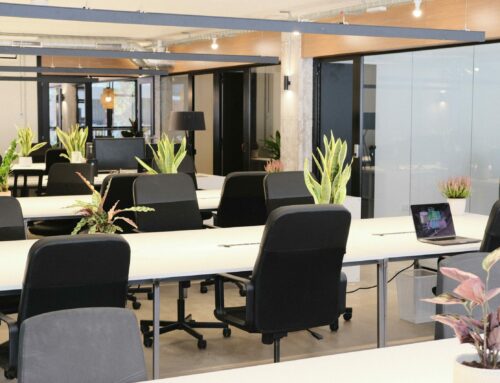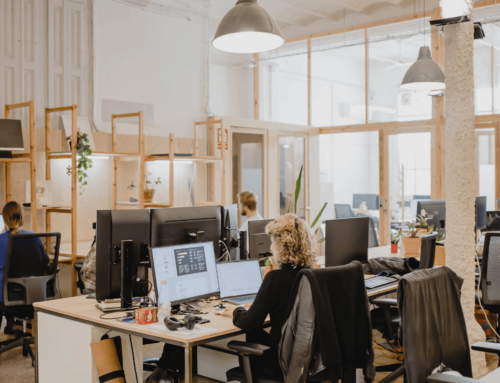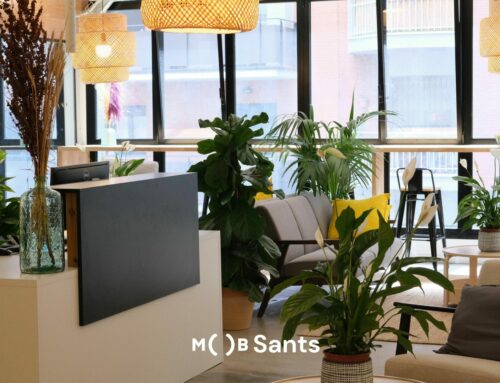This week we’d like for you to meet Rohan Garg, born in New Delhi, just celebrated his 7 year Barcelona anniversary. He builds open-source 3D computer graphic API’s, working hard to make the digital landscape more open, ethical and accessible.
“After I finished my university in India, New Delhi, I moved to Europe. Early on I realised I was going to flourish more if I’d push myself to live abroad.
What am I currently working on?
Right now I am building open source 3D computer graphic API’s, working as a Software Engineering Consultant at Collabora. Let me break that down.
The open source part of it means that any code I write is under a Copyleft license, which implies, I distribute it openly, you can download it, modify it, share it. Usually, this means the only restriction is that any improvements to my code need to be shared openly as well.
There is a big community around this idea of sharing code openly. The idea, really, is that access to technology and software should be a basic human right. And anyone should be able to modify the software or learn about it, for their own purposes.
3D Computer Graphic API’s is a bit more complex. Think about the computer games you might have played… Every single game is built on a gaming engine: a gaming engine is something that allows you to build games easily. A Game Engine Developer doesn’t care how GPUs work. This is where I come in.
I help build a stack of software (OpenGL/Vulkan) that allows game engine developers to be able to run their game on Linux or Windows. I specifically work in the Linux world.
The idea, really, is that access to technology and software should be a basic human right.
This same software powers 3D graphics on phones. It is a computer industry standard (OpenGL/Vulkan) that is built and used by some of the biggest names in the tech world such as Google, Apple, Samsung, etc.
One of the services provided by the consultancy I work for is to further this industry standard and implement new functionality that is requested by our clients.
Open source coding aligns with my personal values.
When I was growing up, getting access to computers wasn’t quite the same as it is today. This meant that buying a computer was a big deal. Being able to program was something that wasn’t accessible to everyone. I want to be able to help make access to technology cheaper and easier.
Being able to work on and provide innovative privacy-centric software for people from all walks of life is one of my personal values.
The bigger companies tend to gravitate towards proprietary solutions that only work for their platform. I believe that having a standards-oriented solution is much nicer: it makes the lives of developers a lot easier.
The only way for us as a society to keep control over our digital life is to build software that everyone can inspect, look at and see that it’s been built by a community of people. That it has a mission statement and it has been vetted by other software engineers.
As part of the open source ethos, we’re supposed to review each other’s code and ensure that no one tries to sneak something in that would go against the community’s manifesto. We all moderate each other.
Being able to work on software that NGOs and governments, and general society can use without fear of being snooped on, or being fearful of having their data leaked, is very important in my opinion. Especially software that is funded by tax dollars, for example, should always be open source. It should be treated as a public utility, such as roads, hospitals, and bridges instead of handing over control into the hands of private corporations.
There are entire organisations, like the EFF, dedicated to pushing for our digital rights, so we can have more power over our digital lives and our devices. Issues like the right to repair: being able to open up our computers and fix it instead of having to throw it away and buy a brand new device. This should resonate with all the makers at MOB. Which is precisely why I enjoy working here!
I’m very happy to work in an organisation that’s helping solve part of this problem as it aligns with my personal values very well.
It should be treated as a public utility, such as roads, hospitals, and bridges instead of handing over control into the hands of private corporations.
I can’t recall having written a single line of closed-source code in the past 10 years. When I started out it was a very difficult challenge. Writing open source code was unconventional back then. There was a lot of doubt as to whether or not this would be sustainable. Right now, the open source movement has taken off and the community is growing. It’s definitely easier but still unconventional though.
I think it was a mix of the fact that I got lucky and I really truly believed in it. I worked hard on finding and talking to the right people, and so I managed to make a profession out of it. Being able to do this on a day to day basis is really cool.
As for my future vision…
I will keep working on what I’m doing right now: there is still a lot I don’t know, and it is a fascinating field to me. I definitely see options to branch out.
As what I’m doing right now started out as a hobby, and has become my profession, I’m currently looking for a new hobby. I’ve started to explore Creative Coding and Visual Coding: being able to construct visuals through code, or visuals that change with the music. I have just gotten started a month ago, haha.
The thing is… You can’t stop evolving in this field. Technology never stops. Someone is always working on the next big thing. It’s also my personality: I enjoy being pragmatic. However, being pragmatic all the time is unsustainable, but, when I find the energy and time, I enjoy finding out things that appeal to me and give me happiness.’’
– Rohan Garg, September 2020.
